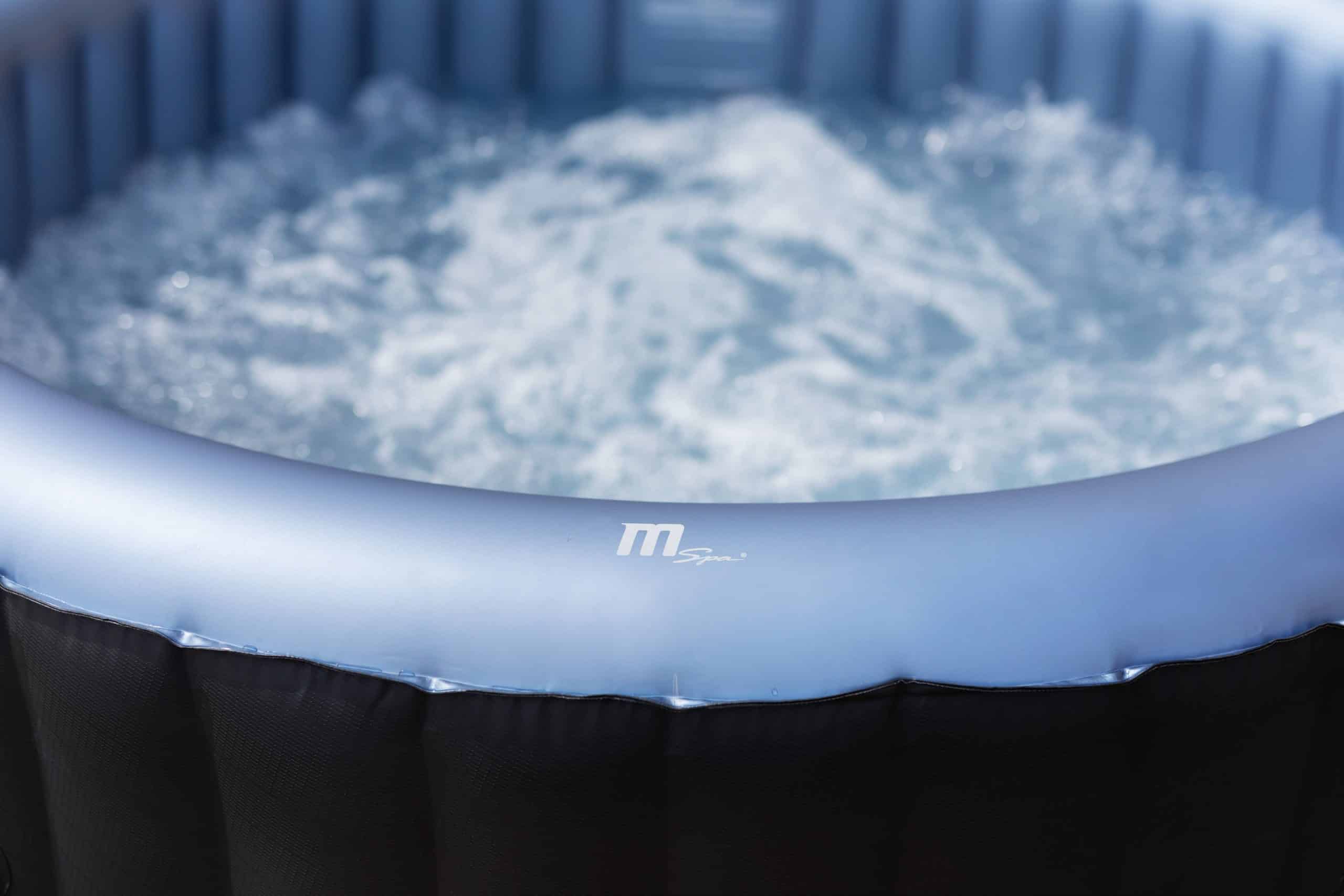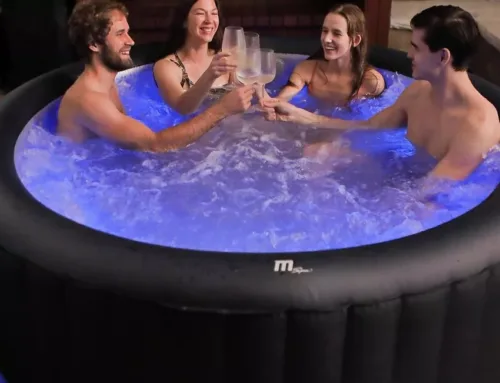Hot tubs have leapt to the highest point of many individuals’ lists of things to get for their home. They can bring an assortment of medical advantages and long periods of at-home unwinding. However, before buying one, you should have a thorough understanding of why it is critical to test your hot tub water.
More About Hot tubs
Perhaps the main thing that any hot tub owner can do is to test their water. This is because testing the water permits you to perceive how “adjusted” your water is. Water balance is the connection between various compound estimations in your pool, swim spa, or hot tub water. It is based on how water responds to everything. Essentially, water disintegrates and holds minerals until it becomes soaked and can’t hold anymore.
Reasons For Testing
- To ensure that there is sufficient sanitiser in the water. Without enough sanitiser, microscopic organisms will start to develop which makes the water hazardous to use.
- To ensure that the water is safe to swim in. Choppy water can bother your eyes, dry out your hair and cause skin irritation. Adjusted water is more suitable to be soak in.
- Keeping your water appropriately adjusted will expand the life expectancy of your pool, hot tub, or swim spa’s gear.
- Keeping your water properly adjusted will save you money.
Time Intervals Of Checking The Water
Specialists suggest testing your hot tub water no less than 2-3 times each week. Give close consideration to your pH and chlorine/bromine levels and change as vital. On the off chance that everything looks great on your home tests, we suggest having your hot tub water expertly tested to some degree once a month. If you experience issues, for example, consistently low pH, cloudy water, or green water, you ought to have your water to be tested by an expert at the earliest opportunity.
Taking Help From Experts
Skilled water tests are considerably more precise and intensive than home tests. Whilst home testing units will commonly just test for sanitiser, pH, and alkalinity, professional water testing frameworks additionally test for things like:
- Stabiliser- Stabiliser is added to pools to assist with keeping the chlorine in them from being obliterated by the sun’s UV radiation. The fewer stabilisers a pool has, the more chlorine it goes through.
- Calcium Hardness- The measure of calcium in the water. Calcium assumes a significant part in the immersion of water. Therefore, adding calcium can assist with expanding the immersion of the water and decrease its odds of turning hazardous.
- Metals- Metals can be presented from outside sources like well water or metal components inside the water (regularly radiators, siphons, and pool stepping stools) eroding because of acidic water.
- Phosphates- Phosphates are green growth food. The more phosphates in the water, the easier it is for green growth to develop, in some cases in any event, when there is sanitiser present in the water.
Tips For Testing Water
- Test the water whilst the hot tub is on. Slight contrasts exist yet to be determined of still water. Coursing the water levels out these distinctions and gives you a superior thought of the general equilibrium of the water.
- Check the expiry date on your chemicals. Water testing substances, by and large, have a period of usability of around one year. The older a chemical gets, the less it will change the tone.
To Sum It Up
In this article, we have talked about the reason for testing your hot tub water. In addition, we have mentioned all the important factors regarding it.
Hot tubs have leapt to the highest point of many individuals’ lists of things to get for their home. They can bring an assortment of medical advantages and long periods of at-home unwinding. However, before buying one, you should have a thorough understanding of why it is critical to test your hot tub water.
More About Hot tubs
Perhaps the main thing that any hot tub owner can do is to test their water. This is because testing the water permits you to perceive how “adjusted” your water is. Water balance is the connection between various compound estimations in your pool, swim spa, or hot tub water. It is based on how water responds to everything. Essentially, water disintegrates and holds minerals until it becomes soaked and can’t hold anymore.
Reasons For Testing
- To ensure that there is sufficient sanitiser in the water. Without enough sanitiser, microscopic organisms will start to develop which makes the water hazardous to use.
- To ensure that the water is safe to swim in. Choppy water can bother your eyes, dry out your hair and cause skin irritation. Adjusted water is more suitable to be soak in.
- Keeping your water appropriately adjusted will expand the life expectancy of your pool, hot tub, or swim spa’s gear.
- Keeping your water properly adjusted will save you money.
Time Intervals Of Checking The Water
Specialists suggest testing your hot tub water no less than 2-3 times each week. Give close consideration to your pH and chlorine/bromine levels and change as vital. On the off chance that everything looks great on your home tests, we suggest having your hot tub water expertly tested to some degree once a month. If you experience issues, for example, consistently low pH, cloudy water, or green water, you ought to have your water to be tested by an expert at the earliest opportunity.
Taking Help From Experts
Skilled water tests are considerably more precise and intensive than home tests. Whilst home testing units will commonly just test for sanitiser, pH, and alkalinity, professional water testing frameworks additionally test for things like:
- Stabiliser- Stabiliser is added to pools to assist with keeping the chlorine in them from being obliterated by the sun’s UV radiation. The fewer stabilisers a pool has, the more chlorine it goes through.
- Calcium Hardness- The measure of calcium in the water. Calcium assumes a significant part in the immersion of water. Therefore, adding calcium can assist with expanding the immersion of the water and decrease its odds of turning hazardous.
- Metals- Metals can be presented from outside sources like well water or metal components inside the water (regularly radiators, siphons, and pool stepping stools) eroding because of acidic water.
- Phosphates- Phosphates are green growth food. The more phosphates in the water, the easier it is for green growth to develop, in some cases in any event, when there is sanitiser present in the water.
Tips For Testing Water
- Test the water whilst the hot tub is on. Slight contrasts exist yet to be determined of still water. Coursing the water levels out these distinctions and gives you a superior thought of the general equilibrium of the water.
- Check the expiry date on your chemicals. Water testing substances, by and large, have a period of usability of around one year. The older a chemical gets, the less it will change the tone.
To Sum It Up
In this article, we have talked about the reason for testing your hot tub water. In addition, we have mentioned all the important factors regarding it.
Must Read: 6 Top Tips For Recycling Your Hot Tub Water When It’s Time To Empty Your Tub







